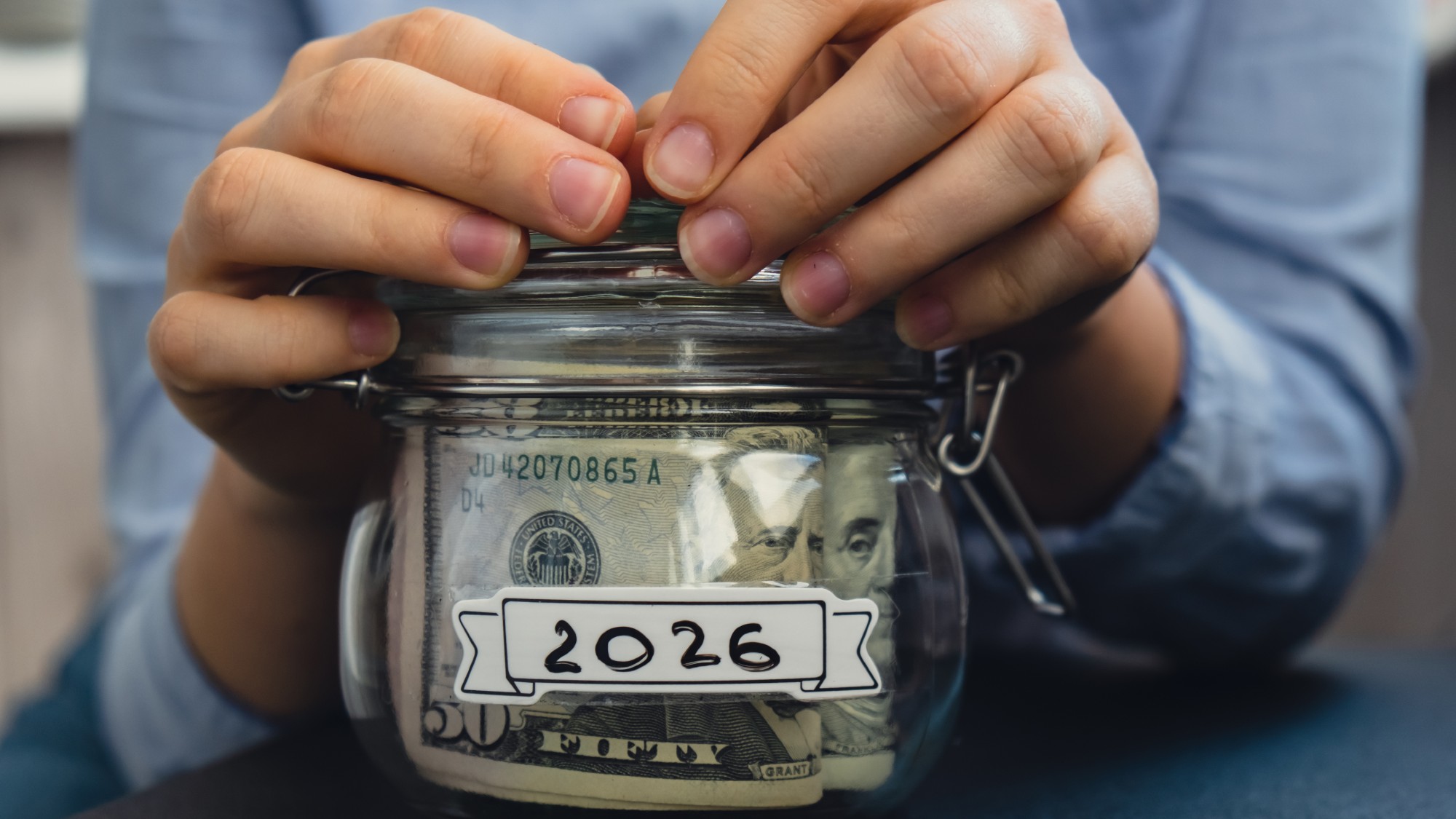5 tips for taxpayers to keep their information secure
'The fewer hands that can access your data, the safer you are'


The question of just how secure taxpayers' data is arose yet again in late October, when a group of U.S. lawmakers followed up with major tax preparation companies on whether they've "heeded the warning by the Federal Trade Commission, which told the companies in September they could face billions of dollars in fines if it turns out they violated their customers' privacy," CNN Business reported.
This warning followed a congressional investigation that found tax prep companies, including TaxSlayer, H&R Block, and TaxAct, had "sent names, phone numbers, email addresses, and income tax information to Facebook and Google," The Week wrote in July. Once that data was passed along, it was "likely used for advertising and AI training purposes, with Google and Meta Platforms tailoring ads to taxpayers based on their personal information," per Investopedia.
According to the congressional report, there's reason to believe that "every single taxpayer who used their websites to file their taxes could have had at least some of their data shared." Here's what you can do going forward to help keep your sensitive information more secure.
The Week
Escape your echo chamber. Get the facts behind the news, plus analysis from multiple perspectives.

Sign up for The Week's Free Newsletters
From our morning news briefing to a weekly Good News Newsletter, get the best of The Week delivered directly to your inbox.
From our morning news briefing to a weekly Good News Newsletter, get the best of The Week delivered directly to your inbox.
1. Think twice before clicking 'yes'
According to The Washington Post, "you do have a choice" when it comes to whether you share your information when filing your taxes online. As the Post explained, if you simply click 'no' when asked if you'd like "personalized service" or "offers," the tax prep company "will still complete your taxes."
Opting out might be a practice you consider beyond just tax filing. As the Post noted, "the golden rule of privacy is, the fewer hands that can access your data, the safer you are."
2. Remember it's not too late to revoke access
If you've already gone ahead and clicked yes, take-backs are allowed. According to the Post, "if you agreed to these requests while preparing your taxes and have now changed your mind, you can try to revoke access."
To undo your previous agreement, however, the company is "going to make you jump through some hoops," per the Post. The exact method will vary depending on the company, though in general, you'll need to contact the company directly with your request.
A free daily email with the biggest news stories of the day – and the best features from TheWeek.com
3. Read up on privacy policies
If you have any questions or concerns about the security of your tax filing service (or really any online service), a good place to turn is the privacy policy. Visit the website's support pages, where you can "find details on the technology and security measures the company uses," according to The Balance.
What exactly should you be looking for? The tax software site "should guarantee that it uses the most secure technology available," said The Balance. And if you're filing a state tax return electronically, check that "the tax software information includes the same security for state tax agencies."
4. Make sure you're using a secure network and device
Another thing that can throw a wrench in your data security when e-filing is using an unsecured network. As GoBankingRates explained, even if a website itself is secure, "when using a public internet connection at a library or a coffee shop, for example, other people might be able to see what you’re sending."
You'll similarly want to take steps to ensure your computer and phone stay secure, which requires installing the latest updates. "Most applications, when they're compromised, are not compromised by scary zero-day bugs that nobody knows about. They are compromised by problems that everybody knows exist that have been publicly reported, and that the company has fixed and they have issued a patch in their security update," Eva Galperin, director of cybersecurity at the Electronic Frontier Foundation, told NPR.
5. Bolster your password strength
While this won't help if the website itself is sharing your data, you can keep your information out of the hands of hackers by making an effort to use strong passwords. Use a unique password for each website, and "bring some randomness and special characters into it," advised NPR. You might even consider turning on two-factor authentication for accounts that are especially important, which is when you're asked to confirm your login through a second factor, like a text message or an app on your phone.
Becca Stanek has worked as an editor and writer in the personal finance space since 2017. She previously served as a deputy editor and later a managing editor overseeing investing and savings content at LendingTree and as an editor at the financial startup SmartAsset, where she focused on retirement- and financial-adviser-related content. Before that, Becca was a staff writer at The Week, primarily contributing to Speed Reads.
-
 How drones have detected a deadly threat to Arctic whales
How drones have detected a deadly threat to Arctic whalesUnder the radar Monitoring the sea in the air
-
 A running list of the US government figures Donald Trump has pardoned
A running list of the US government figures Donald Trump has pardonedin depth Clearing the slate for his favorite elected officials
-
 Ski town strikers fight rising cost of living
Ski town strikers fight rising cost of livingThe Explainer Telluride is the latest ski resort experiencing an instructor strike
-
 Why it’s important to shop around for a mortgage and what to look for
Why it’s important to shop around for a mortgage and what to look forThe Explainer You can save big by comparing different mortgage offers
-
 4 ways to save on rising health care costs
4 ways to save on rising health care costsThe Explainer Health care expenses are part of an overall increase in the cost of living for Americans
-
 How to financially prepare for divorce
How to financially prepare for divorceThe Explainer Facing ‘irreconcilable differences’ does not have to be financially devastating
-
 4 ways to streamline your financial life in 2026
4 ways to streamline your financial life in 2026the explainer Time- and money-saving steps
-
 4 tips to safeguard your accounts against data breaches
4 tips to safeguard your accounts against data breachesThe Explainer Even once you have been victimized, there are steps you can take to minimize the damage
-
 Received a windfall? Here is what to do next.
Received a windfall? Here is what to do next.The Explainer Avoid falling prey to ‘Sudden Wealth Syndrome’
-
 How to save more for retirement next year
How to save more for retirement next yearthe explainer Secure yourself a suitable nest egg
-
 Received a gift card this holiday season? Here’s how to maximize it.
Received a gift card this holiday season? Here’s how to maximize it.The Explainer Make the most of your present
